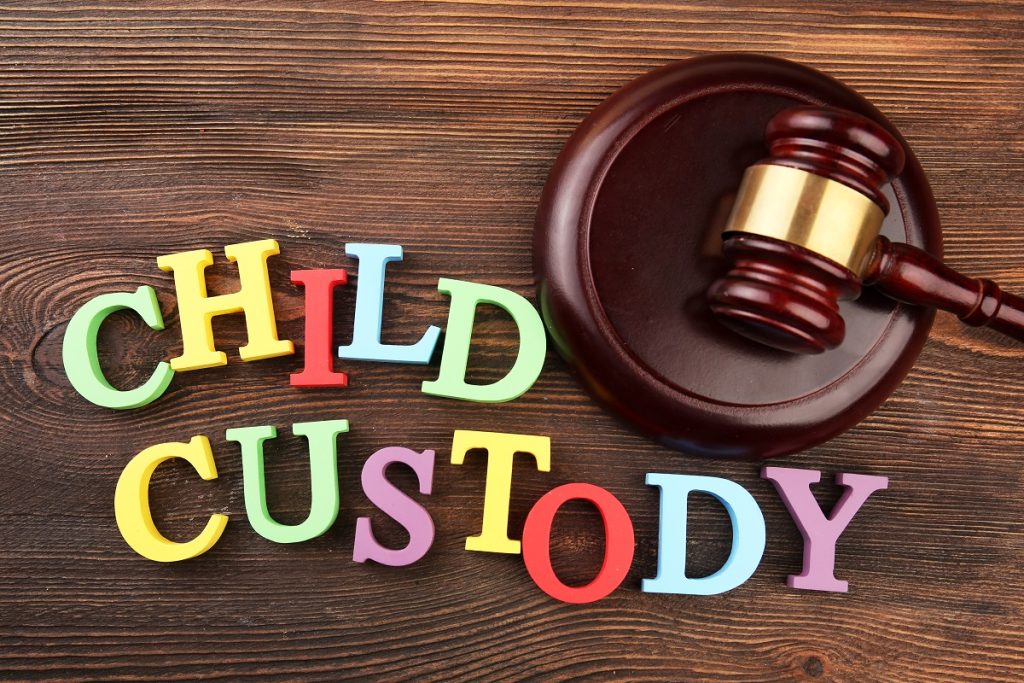- Engaging a seasoned child custody attorney and understanding the custody laws in your jurisdiction are key steps in navigating a child custody case.
- Ensuring financial stability and providing mental and emotional support are paramount to creating a stable environment for your child during and after a divorce.
- Maintaining open, respectful communication with your ex-spouse and prioritizing your child’s best interests must be at the forefront of co-parenting plans.
- Keeping a detailed, objective record of interactions relating to your child’s daily life can provide crucial evidence in a custody battle.
When navigating through the complexities of a divorce, acquiring child custody can be particularly challenging. As a parent, your foremost concern is ensuring the well-being and stability of your child. Here are some key factors you should consider. Remember, every decision should prioritize the best interest of the child.
Engage a Reputable Child Custody Attorney

Engaging a reputable child custody attorney is vital in steering your case toward a favorable outcome. A seasoned lawyer can provide expert advice informed by years of experience in family law, bringing a strategic perspective to your unique situation. They can guide you through the legal labyrinth, ensuring you fully understand your parental rights and responsibilities.
They can advocate effectively for your child’s best interest by navigating court procedures and crafting compelling arguments. Child custody battles can be emotionally draining and time-consuming; having a dedicated attorney by your side can alleviate some of this burden, providing much-needed support and peace of mind.
Familiarize Yourself with Custody Laws
Understanding custody laws in your jurisdiction is an important step in the divorce process. Each state has laws governing child custody, which can significantly influence the outcome of your case. It’s crucial to familiarize yourself with these laws, understand the difference between physical and legal custody, and the factors that courts consider when making custody decisions.
Knowledge is power, and being well-informed can help you make confident decisions that prioritize the welfare and happiness of your child. Some states even require parents to attend educational seminars about the impact of divorce on children, so take advantage of these resources.
Remember, child custody laws are complex, and comprehending them is challenging. If you have any doubts, don’t hesitate to consult your attorney, who can clarify your queries and guide you through the process.
Maintain a Stable Environment
Maintaining a stable environment for your child during and after a divorce is paramount, as it can significantly influence the court’s decision regarding custody. Here are some tips:
Assess Your Financial Stability

Financial stability is pivotal in demonstrating your ability to meet your child’s needs. Consider your income, savings, and expenses to assess your financial stability. This includes your ability to cover the cost of housing, food, healthcare, education, and other expenses related to your child’s upbringing. You may also need to consider future expenses, such as college tuition.
Remember that the court may consider your financial stability when deciding on custody. If you’ve recently gone through a job loss or other financial hardships, consider seeking financial advice to manage your situation better and improve your financial standing. Also, remember that financial stability isn’t just about having a high income; it’s about responsible financial management, prioritizing your child’s needs, and planning for the future.
Consider the Child’s Mental and Emotional Health
The child’s mental and emotional health are key considerations during a custody battle. Divorce can be a turbulent time for children, often leading to feelings of confusion, sadness, anger, or guilt. Ensuring your child has a support system and resources to manage these emotions is crucial.
This can be facilitated through open communication about the situation, reassurances of love and support, maintaining routines to provide security and seeking professional help if needed. Therapy or counseling can provide a safe space for your child to express feelings and learn coping strategies.
Courts will consider each parent’s mental and emotional stability and ability to support the child emotionally. Demonstrating that you’re prioritizing your child’s emotional health can reinforce your commitment to their well-being and may influence the court’s custody decision in your favor.
Communication with Your Ex-Spouse
Maintaining open, respectful communication with your ex-spouse is critical when navigating a child custody case. Despite personal animosity, the focus should always be on the child’s best interests. Establishing a transparent and cooperative dialogue about parenting plans, schedules, and shared responsibilities can ease the transition for everyone involved.
It’s important to keep discussions about your child separate from unresolved marital issues to avoid unnecessary conflict. Remember, your child’s emotional well-being is closely linked to the relationship between their parents.
Demonstrating to the court that you can communicate effectively with your ex-spouse and are committed to co-parenting can be a significant factor in custody decisions. Consulting professionals such as family therapists or mediators can also be beneficial in establishing effective communication strategies.
Document Interactions
Documenting interactions related to your child’s day-to-day life can be useful in a custody battle. This includes recording important conversations with your ex-spouse, tracking your child’s health and educational progress, and recording any incidents that may affect your child’s well-being.
A detailed log can provide an unbiased record of events, substantiating your case with clear evidence if needed. Documenting these interactions is crucial to be factual, objective, and respectful.
Avoid personal comments or unfounded accusations. Instead, focus on recording the facts and your child’s reactions if applicable. This documentation can be presented in court to support your claims and demonstrate your dedication to your child’s welfare.
In conclusion, successfully navigating a child custody case requires strategy, understanding, and commitment. Remember, your child’s welfare is paramount. Consult with a reputable attorney, educate yourself on custody laws, and strive to maintain a stable environment. Above all, prioritize your child’s mental and emotional health. Stay strong, keep fighting, and never forget: you’re not alone in this journey.
